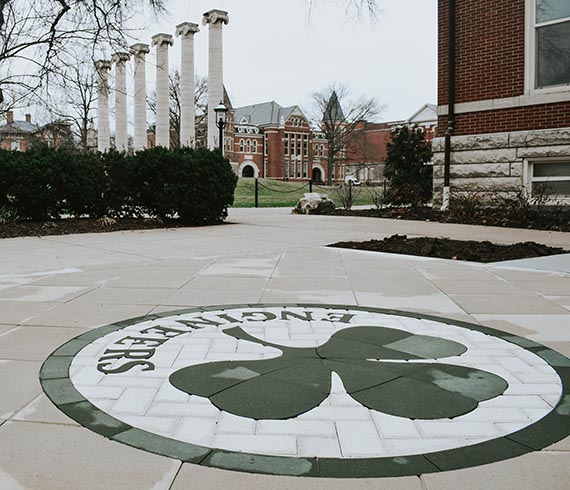
Two Engineering Students Earn Scholarships from Campus Dining Services
Two Mizzou Engineering students were among 13 students awarded scholarships from Campus Dining Services on Dec. 18.
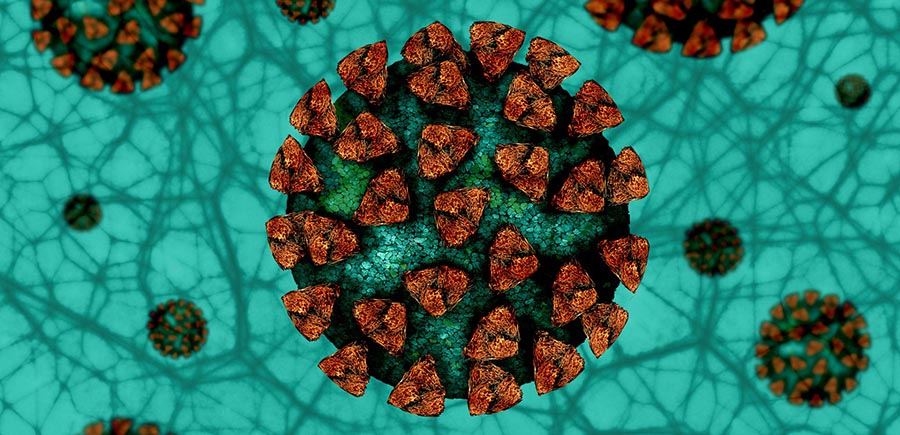
Professor Helping Develop Better Way to Diagnose COVID-19
A Mizzou Engineer has teamed up with a company to help develop a better way to diagnose COVID-19. Dong Xu, Shumaker Professor of Electrical Engineering and Computer Science, is working with a company applying nanopore sequencers to test DNA samples for the virus. Xu will then help develop a system to analyze the DNA data.
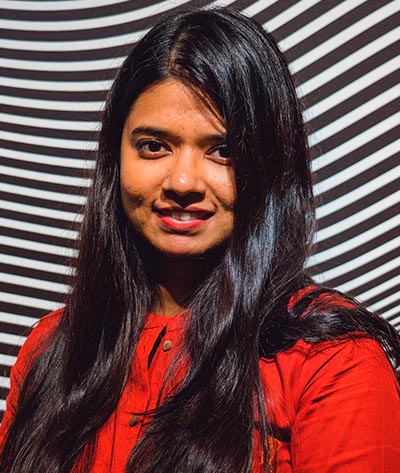
EECS Student Takes First-Place Award for Sleep Apnea Research
Omiya Hassan took top honors at the 37th Annual Research & Creative Activities Forum for helping develop a smarter way to diagnose sleep apnea.
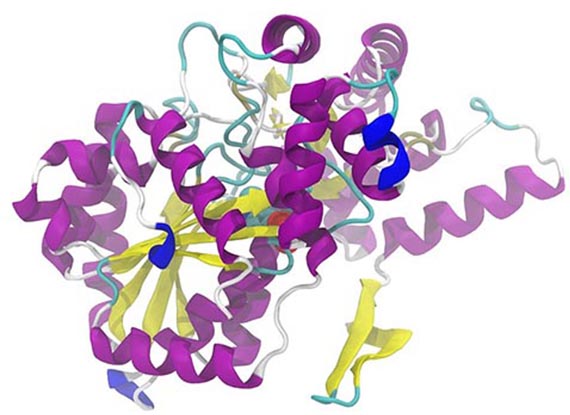
Protein Prediction Challenge Makes History – and Mizzou Engineers Rank in Top 10
Mizzou Engineering students took on tech giants at a worldwide competition last month and came home in the top 10 for devising a way to accurately predict protein structures. And in subcategories, Mizzou teams ranked in the top 3.
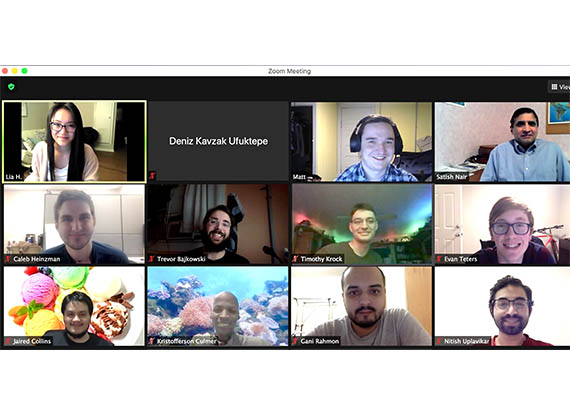
Professor Shares Insights into Neural Engineering
A highly renowned researcher took a few minutes out of his busy schedule this week to address graduate students in the Electrical Engineering and Computer Science Department. Satish S Nair is an EECS professor, director of the Neural Engineering Lab and one of the first researchers to begin using engineering principles to better understand the…
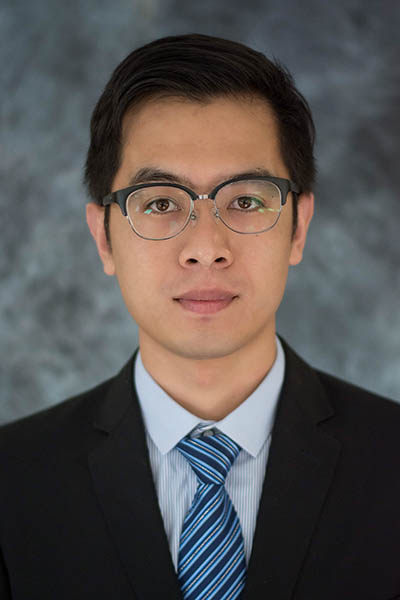
Mizzou Engineering Student Takes First Place in IEEE Computational Challenge
Wenlong “Waylon” Wu won top prize in the Technical Challenge on Energy Prediction with Smart Data sponsored by the Institute of Electrical and Electronics Engineers (IEEE) Computational Intelligence Society. He was the only student to be in the finals of the competition, held during the IEEE Computational Intelligence Society’s 2020 Symposium Series on Computational Intelligence earlier this week.

Mizzou Engineer Explores Challenges, Opportunities of Quantum Radar
A Mizzou Engineer was invited to weigh in on the “Opportunities and Challenges of Quantum Radar” for a prestigious magazine published by the Institute of Electrical and Electronics Engineers (IEEE). Jeffery Uhlmann published the paper with a co-author from the U.S Naval Research Laboratory in the November issue of IEEE Aerospace and Electronic Systems Magazine.…
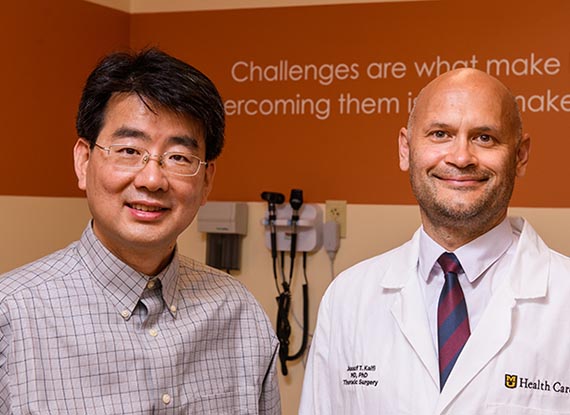
Mizzou Engineer Part of Research Team to Win Coulter Biomedical Accelerator Program Funding
A Mizzou Engineer was among recipients of the University of Missouri’s Coulter Biomedical Accelerator Program grants this year. The program awarded three grants totaling…
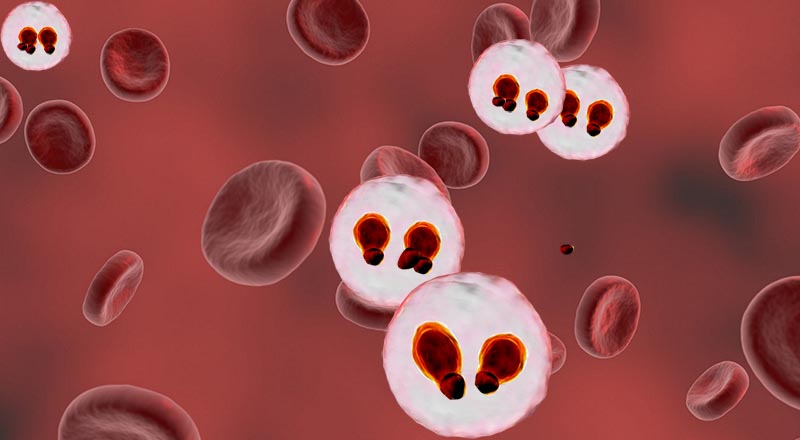
Mizzou Engineers Help Develop Smarter Way to Diagnose Malaria
Mizzou Engineers are part of a global team developing a smarter way to combat malaria—a leading cause of death in the world. Now, they’ve outlined a two-step approach that will use deep learning to more accurately and efficiently diagnose the disease.
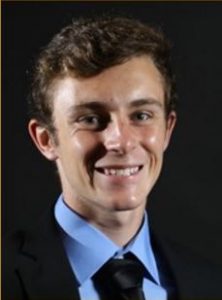
Electrical Engineering Student Earns Prestigious DEPS Scholarship
Evan Schulte A Mizzou Engineering student has received a prestigious scholarship from the Directed Energy Professional Society (DEPS). Evan Schulte is earning a master’s in electrical engineering. He works on directed energy with his advisor, Professor Randy Curry, in the Center for Physical and Power Electronics.